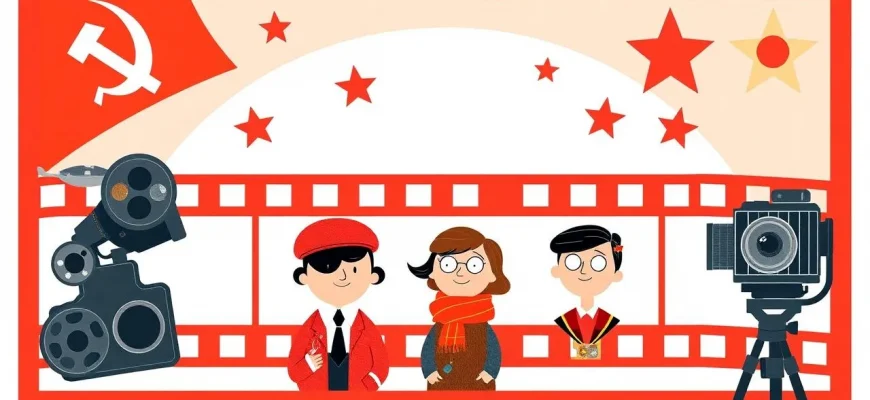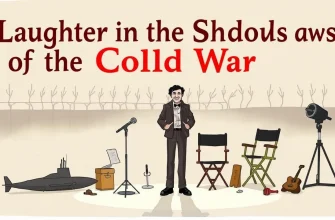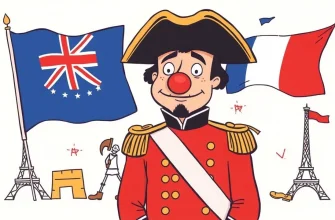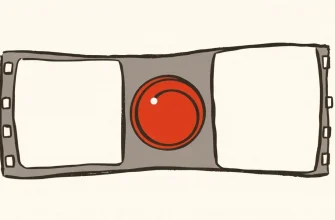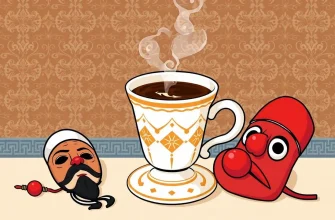- The Twelve Chairs (1971)
- The Diamond Arm (1969)
- Operation Y and Shurik's Other Adventures (1965)
- Gentlemen of Fortune (1971)
- The Irony of Fate, or Enjoy Your Bath! (1975)
- Kidnapping, Caucasian Style (1967)
- The Garage (1979)
- The Pokrovsky Gate (1982)
- The Most Charming and Attractive (1985)
- A Man from the Boulevard des Capucines (1987)
Soviet comedies offer a unique glimpse into the life, culture, and humor of the USSR. These films, often filled with satire, absurdity, and a touch of nostalgia, provide not only entertainment but also a cultural insight into a bygone era. Here's a curated list of 10 Soviet comedies, all available with English subtitles or dubbing, that capture the essence of Soviet humor.

The Twelve Chairs (1971)
Description: A treasure hunt for jewels hidden in one of twelve chairs, this film is a satirical take on greed and the absurdity of human behavior during the Soviet era.
Fact: The film was adapted from a novel by Ilf and Petrov, which itself became a cultural phenomenon in the USSR.
 30 Days Free
30 Days Free 
The Diamond Arm (1969)
Description: This film is a classic Soviet comedy about a man who unwittingly becomes involved in a smuggling operation. Its humor lies in the absurdity of situations and the clever use of language.
Fact: The film was one of the highest-grossing Soviet films of all time. The phrase "The Diamond Arm" became a popular idiom in Russian culture.
 30 Days Free
30 Days Free 
Operation Y and Shurik's Other Adventures (1965)
Description: This film features three separate stories, each showcasing the misadventures of Shurik, a naive student, in various comedic situations. It's a perfect example of Soviet situational comedy.
Fact: The character Shurik became so popular that he appeared in several other films, becoming an iconic figure in Soviet cinema.
 30 Days Free
30 Days Free 
Gentlemen of Fortune (1971)
Description: A kindergarten teacher is mistaken for a criminal mastermind due to his identical appearance, leading to a series of hilarious events. This film is beloved for its clever plot and memorable characters.
Fact: The film was so popular that it was re-released several times in theaters, and its catchphrases are still widely recognized in Russia.
 30 Days Free
30 Days Free 
The Irony of Fate, or Enjoy Your Bath! (1975)
Description: A romantic comedy where a man, due to a mix-up, ends up in the wrong city on New Year's Eve, leading to a series of comedic and romantic entanglements. It's a staple of Soviet New Year's Eve celebrations.
Fact: It's tradition in Russia to watch this film every New Year's Eve, making it one of the most watched films in the country.
 30 Days Free
30 Days Free 
Kidnapping, Caucasian Style (1967)
Description: Shurik, now a student of ethnography, gets involved in a kidnapping plot in the Caucasus, leading to a series of comedic mishaps and cultural misunderstandings.
Fact: The film's song "If I Were a Sultan" became a hit, and the phrase "Shurik, where are you?" became a popular meme in Russia.
 30 Days Free
30 Days Free 
The Garage (1979)
Description: A satirical look at the Soviet bureaucracy through the lens of a cooperative garage where members must vote to expel one of their own to accommodate a new member.
Fact: The film was initially banned for its critical portrayal of Soviet society but was later released to great acclaim.
 30 Days Free
30 Days Free 
The Pokrovsky Gate (1982)
Description: This film captures the life in a communal apartment in Moscow, focusing on the humorous and sometimes tragic interactions among its residents.
Fact: The film's setting and characters are based on real-life experiences of the director Mikhail Kozakov.
 30 Days Free
30 Days Free 
The Most Charming and Attractive (1985)
Description: A romantic comedy about a woman who uses hypnosis to make men fall in love with her, leading to a series of comedic and romantic entanglements.
Fact: The film was one of the first Soviet comedies to openly discuss topics like feminism and personal freedom.
 30 Days Free
30 Days Free 
A Man from the Boulevard des Capucines (1987)
Description: A Westerner arrives in a small Soviet town with a film projector, introducing the locals to the magic of cinema, leading to humorous cultural clashes.
Fact: The film was one of the last Soviet comedies before the dissolution of the USSR, reflecting the changing times and the influence of Western culture.
 30 Days Free
30 Days Free 
